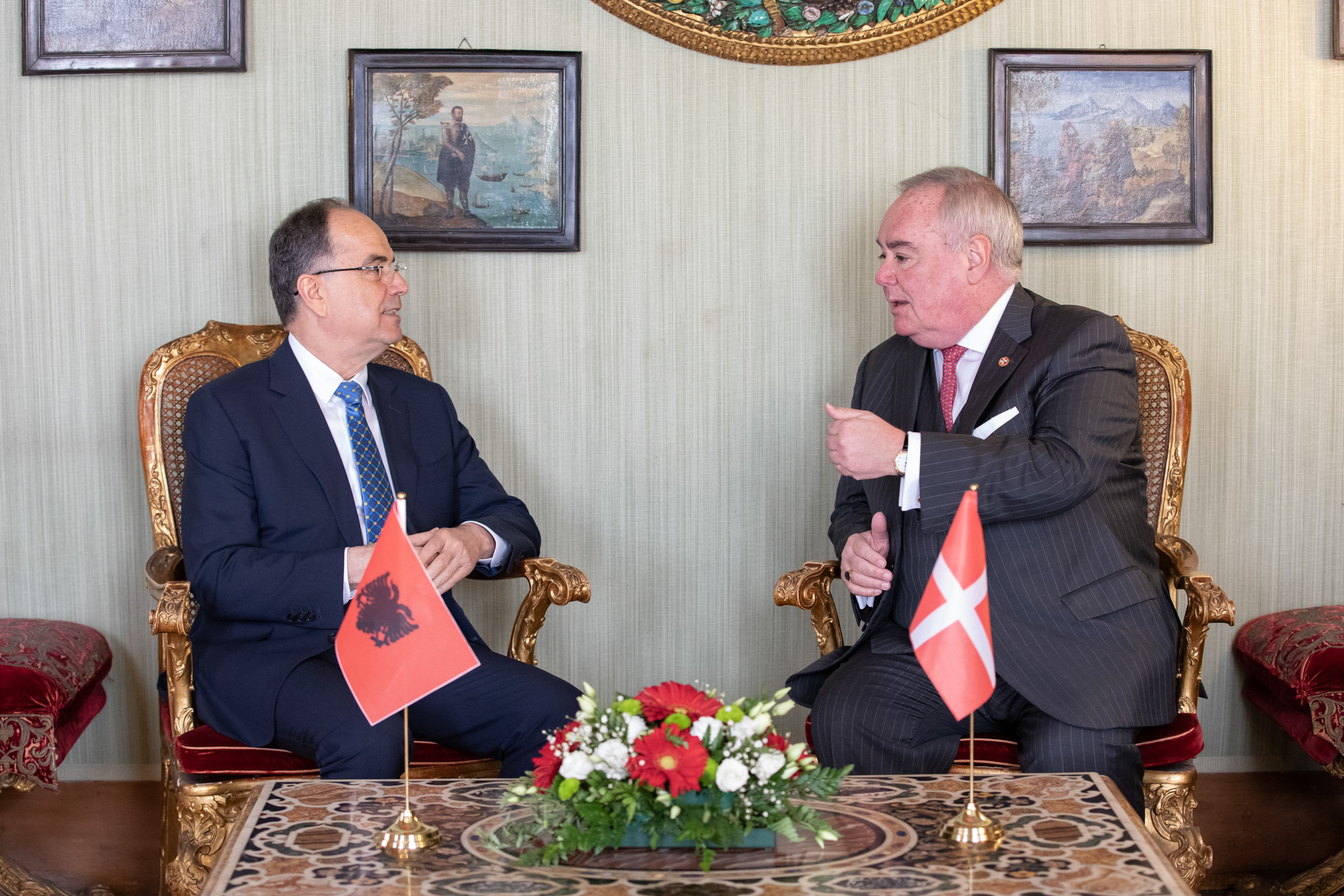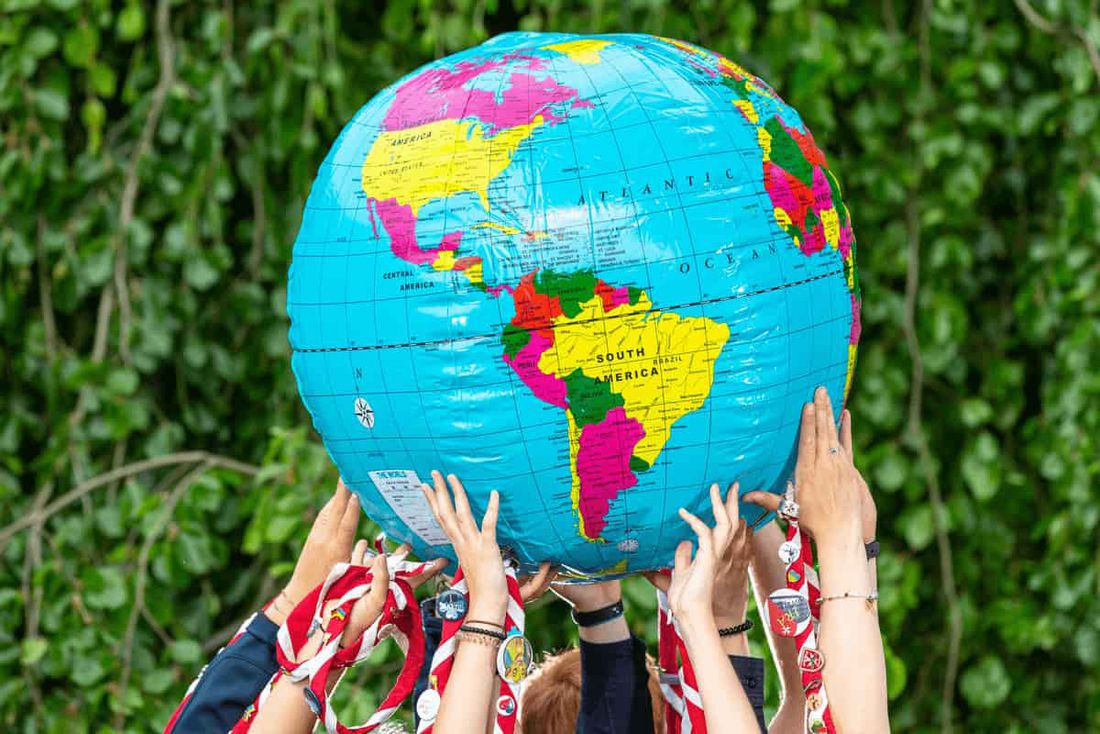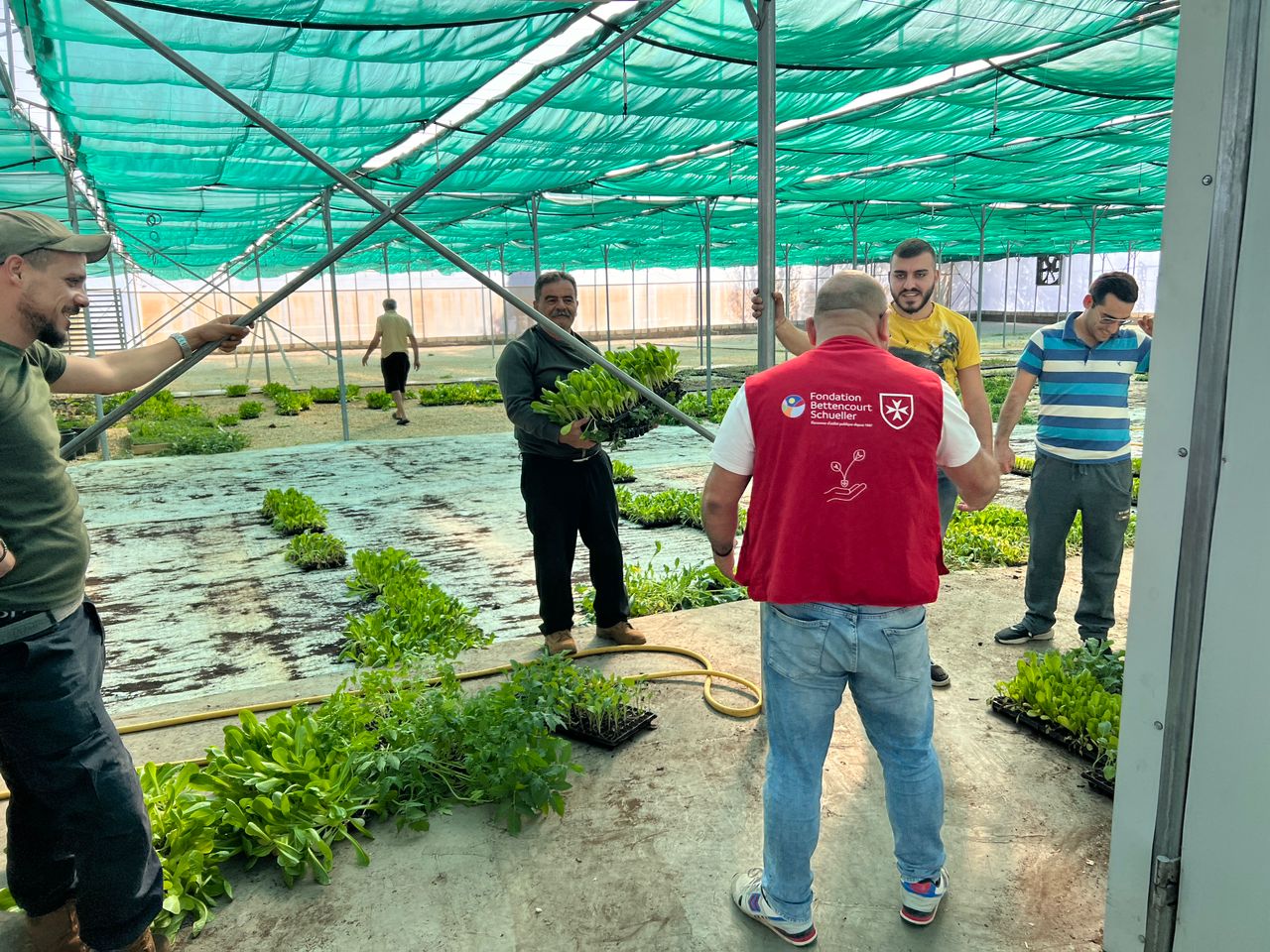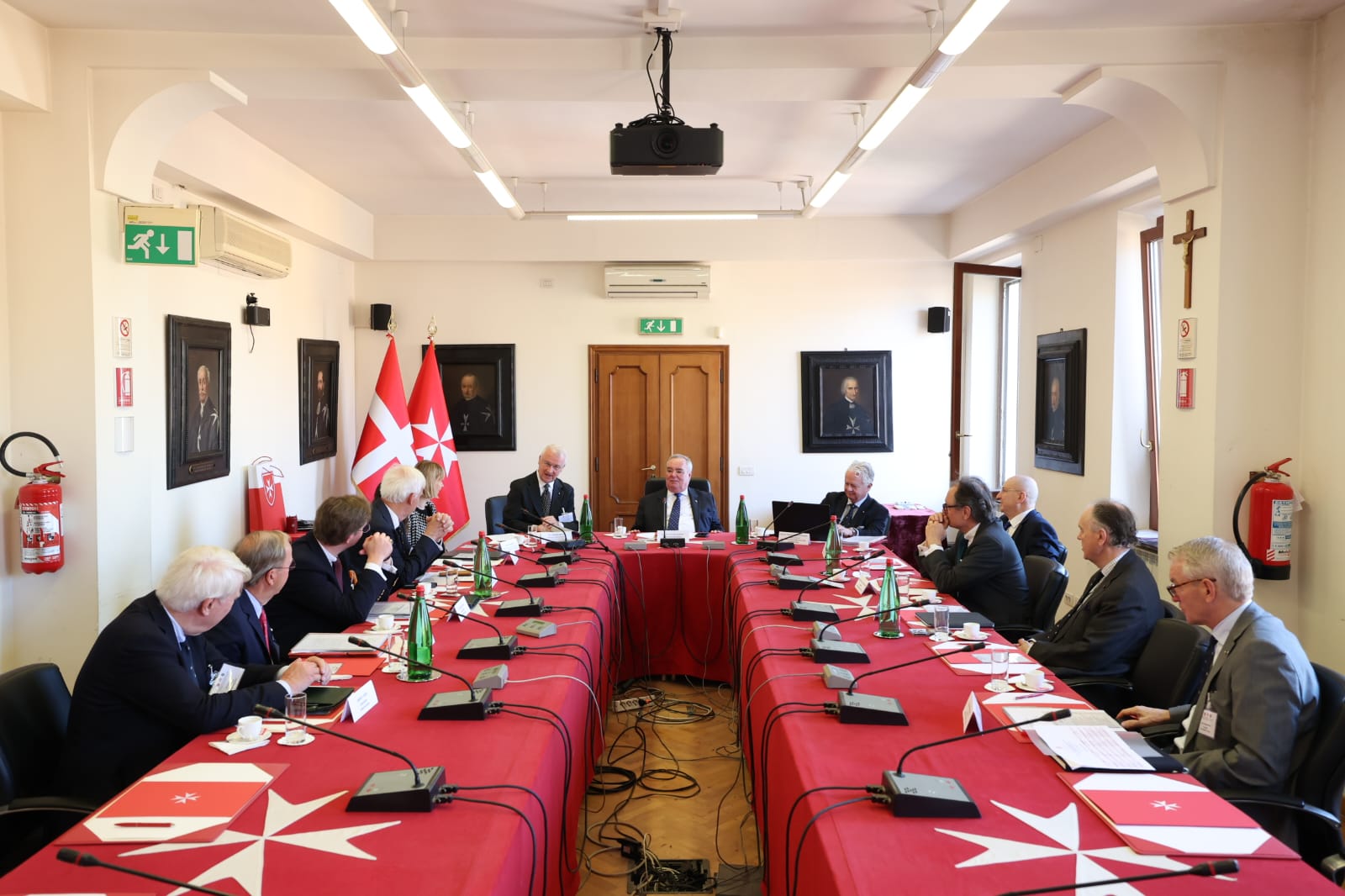Malteser Hilfsdienst, the Order of Malta’s relief corps in Germany, will already be operating at “zero emissions” by 2022 and will be one of the nation’s first voluntary associations to achieve this target. With the “avoid – reduce – compensate” approach the organization, with its 52,000 volunteers and 27,000 employees, has decided to adopt very clear measures to achieve “net zero” emissions, when positive and negative emissions are balanced.
“We’re already experiencing the effects of climate change in our daily work – whether it’s fighting famine in Africa or accepting climate refugees in Germany. We want to give our contribution to climate protection as quickly as possible – because we’re running out of time,” explained Douglas Saurma, on the Board of Directors, explaining what they are doing to reduce the 35,000 tons of CO2 that Malteser Hilfsdienst currently generates with its activities.
By 2026, Malteser Hilfsdienst’s 500 offices are expected to generate 15% less CO2 emissions than in 2019. But thanks to various environmental and climate protection projects, it will already have achieved climate neutrality next year.
Malteser Hilfsdienst pays special attention to the world’s south. “Already 20 million people are fleeing the consequences of climate change. The way we live and produce here in Germany and Europe has a direct impact on what is happening in Africa, Asia or Latin America,” Saurma said. By voluntarily financing climate- protection projects in the global south, the Order of Malta seeks to intervene precisely where the effects of climate change are already being felt most. These projects, such as reforestation, not only protect the climate but also create income and thus improve the living conditions of the local community.
The main contributors to the organisation’s carbon footprint are the means staff and volunteers use to go to work (36%), Malteser vehicles used for first-aid and food distribution services (35%), electricity and gas consumption (15%), business travel (9%) and paper consumption (5%). To reduce emissions, Malteser Hilfsdienst has decided to switch to green electricity, to buy electric vehicles and to take fewer business trips, replacing them with videoconferences.










